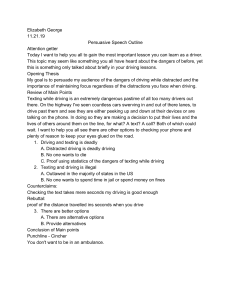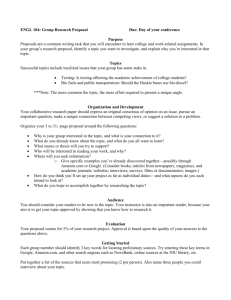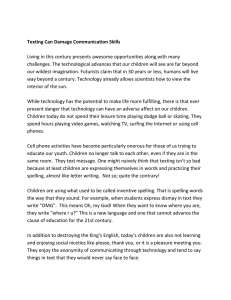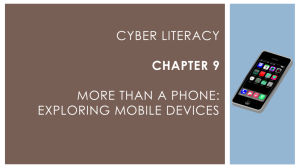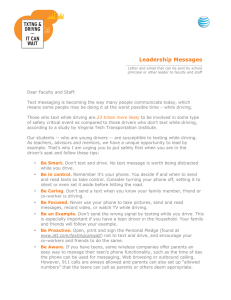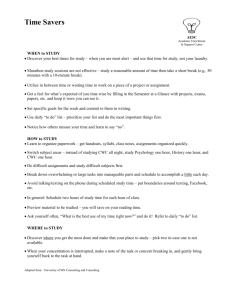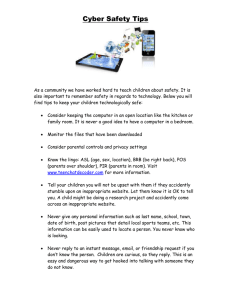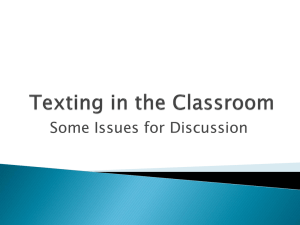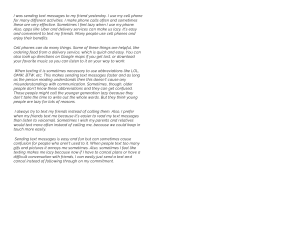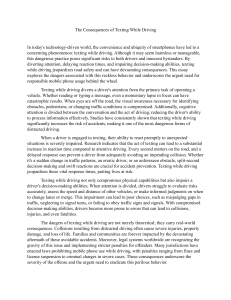INTERNET SAFETY/SOCIAL NETWORKING – Handout 1 GRADE LESSON
advertisement
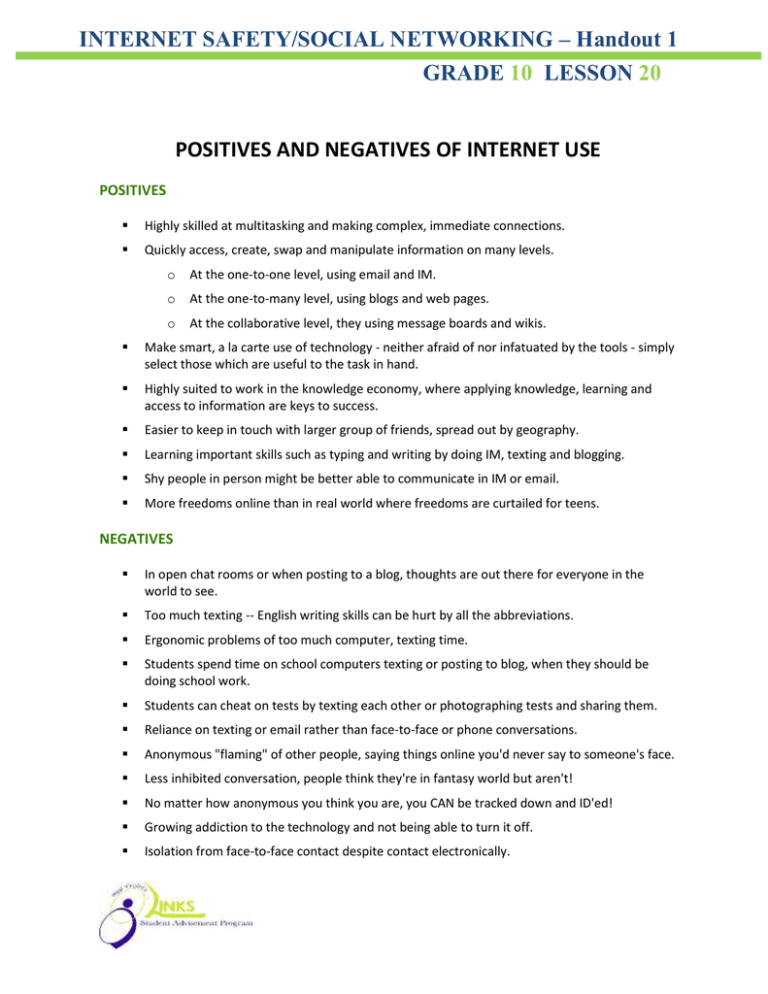
INTERNET SAFETY/SOCIAL NETWORKING – Handout 1 GRADE 10 LESSON 20 POSITIVES AND NEGATIVES OF INTERNET USE POSITIVES Highly skilled at multitasking and making complex, immediate connections. Quickly access, create, swap and manipulate information on many levels. o At the one-to-one level, using email and IM. o At the one-to-many level, using blogs and web pages. o At the collaborative level, they using message boards and wikis. Make smart, a la carte use of technology - neither afraid of nor infatuated by the tools - simply select those which are useful to the task in hand. Highly suited to work in the knowledge economy, where applying knowledge, learning and access to information are keys to success. Easier to keep in touch with larger group of friends, spread out by geography. Learning important skills such as typing and writing by doing IM, texting and blogging. Shy people in person might be better able to communicate in IM or email. More freedoms online than in real world where freedoms are curtailed for teens. NEGATIVES In open chat rooms or when posting to a blog, thoughts are out there for everyone in the world to see. Too much texting -- English writing skills can be hurt by all the abbreviations. Ergonomic problems of too much computer, texting time. Students spend time on school computers texting or posting to blog, when they should be doing school work. Students can cheat on tests by texting each other or photographing tests and sharing them. Reliance on texting or email rather than face-to-face or phone conversations. Anonymous "flaming" of other people, saying things online you'd never say to someone's face. Less inhibited conversation, people think they're in fantasy world but aren't! No matter how anonymous you think you are, you CAN be tracked down and ID'ed! Growing addiction to the technology and not being able to turn it off. Isolation from face-to-face contact despite contact electronically.
